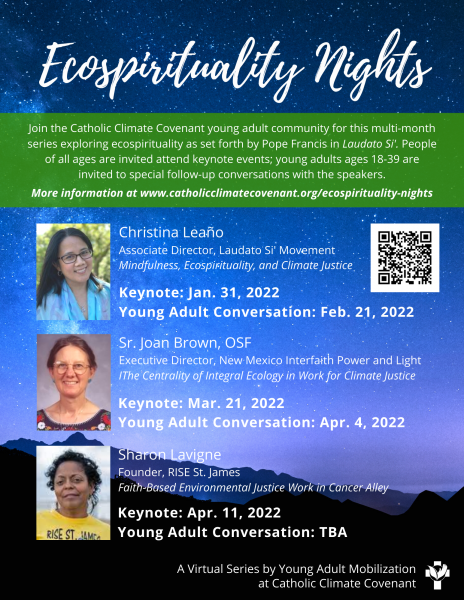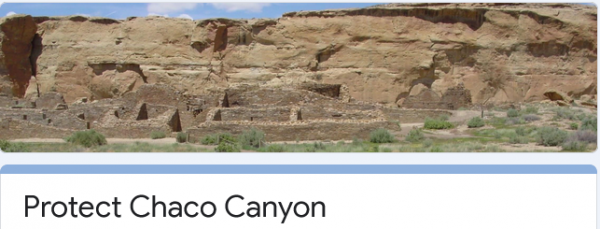You Can Participate in a Virtual Iftar-Seder
The Shalom Center and partner organizations invite you to a virtual “Iftar-Seder,” a gathering to eat and think together about our shared future in America. It will happen, by Zoom, from 7:30 to 9:30 Eastern time (4:30 to 6:30 Pacific) on the evening of Sunday, April 10. The Iftar-Seder is free. We welcome you to join with us, by registering here
After you register, the organizing committee will email you additional information about the event, including a Zoom link and the program outline. Stay tuned for that email as we continue to finalize the program!

Background
This year, we celebrate the Iftar and the Seder together, to celebrate each other and to beckon toward a future in which American Muslims and American Jews can work and pray with each other and with all the world — free of Islamophobia, Antisemitism, and racism; free from threats to democracy as a whole; free from lethal threats to our Mother Earth, our shared and nurturing home; and free to grow beyond our own spiritual “stuck places” as individuals and communities. Those four liberations will be connected in our Iftar-Seder with four cups (of grape juice) that shape a traditional Seder.
We had originally hoped that the COVID-19 virus would have become so minor by April 10 that we could safely eat together in Masjidullah, a mostly African-American Philadelphia mosque with strong outreach and commitment to liberation and justice, and a space for hundreds. (That was where we held the 50th-anniversary Freedom Seder.) But our planning committee felt that the virus is still too dangerous for a meal of hundreds together. So we will gather by Zoom.
We chose to do this because this Spring, the Jewish lunar “moonth” of Nisan — the first of months, according to Torah, and the bearer of the sacred eight-day festival of Pesach, Passover, will be the same moonth as the sacred Muslim “moonth” of Ramadan. In both traditions, there is a strong tradition of a special way of eating during the sacred season. For Muslims, it is a month of fasting to focus on God, made possible by eating a special dinner called Iftar each evening after sunset. For Jews, it is “Fasting” from all foods that contain even a smidgin of leavening — especially ordinary bread –and holding a special meal — the Seder –of symbolic foods and of Telling the story of liberation.
Originally, that was the story of liberation from the “NarrowPlace,” a country most Americans call Egypt where ancient Israelites had been enslaved by ancient Pharaohs.. Since the advent of the Freedom Seder in 1969, the Telling of liberation has broadened to include other struggles for freedom.
This event is being co-organized and sponsored by the following institutions:
– The Shalom Center
– Sisterhood of Salaam-Shalom
– Masjidullah
– CAIR-Philadelphia
– Interfaith Peace Walk


